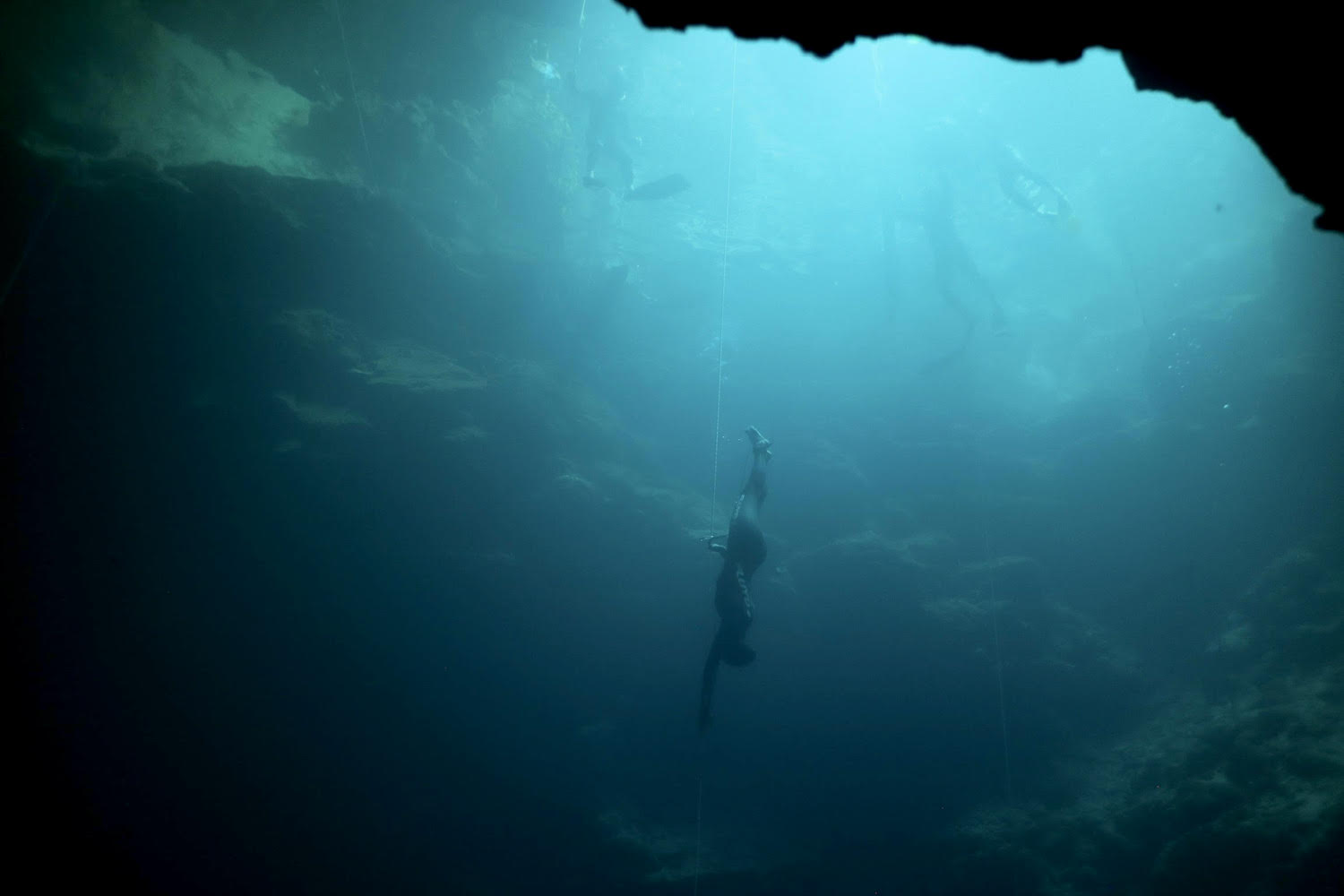Eric Sedletzky
Contributor
There are freedivers that laugh at 180’, that is amateur hour for them.Yes being an accomplished Freediver is potentially extremely beneficial prior to scuba diving training. However once you are trained as scuba diver, I’m not so sure that freedive training is better than scuba practice.
There are outliers too that can freedive well, but just aren’t comfortable being 90 ft down on a tank.
It is a different culture, if I want to impress scuba divers, I tell them I can Freediver to 60 ft and if I want to try to impress freedivers, I tell them I can scuba dive to 180 ft (on air).
Of course anyone who is accomplished at either sport is throughly unimpressed!
There champion freedivers going past 250’ or 300’.
What’s the all time record for deepest freedive now? - 702’
One breath.
Their athleticism is stunning!
What does in take to do those depths on scuba?




